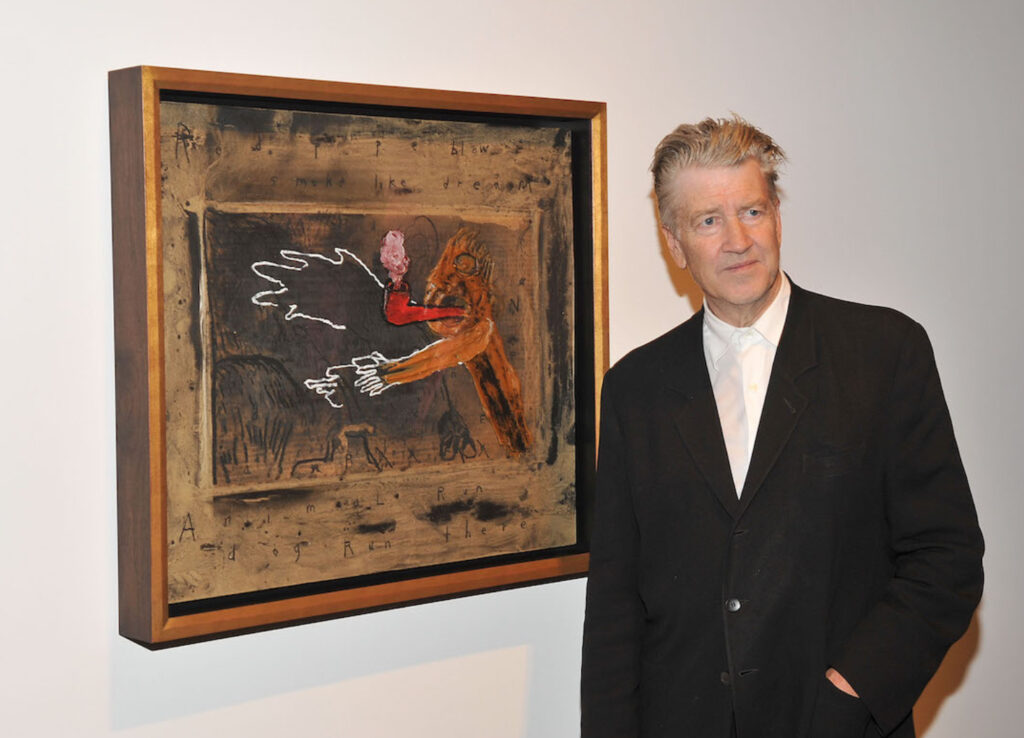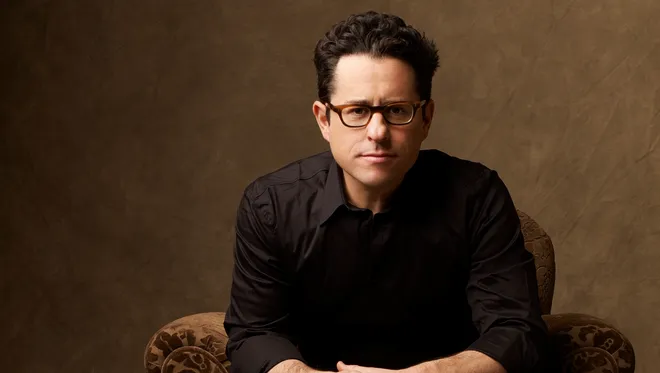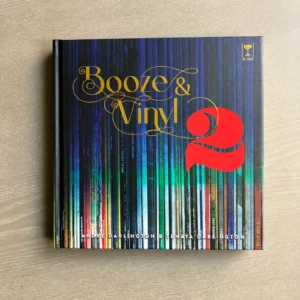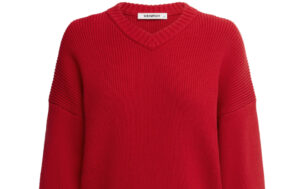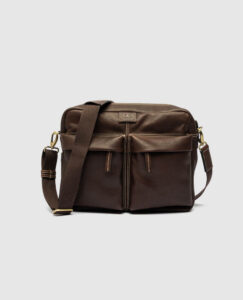The Julien’s Auction Offering a Portal Into the Late Auteur’s Visionary World
When David Lynch passed away in January 2025, the cinematic world lost more than a director—it lost a seer. His films were not just stories but psychic transmissions: flickering dream-logic transposed into frames, stitched from memory, myth, and the uncanny. In Lynch’s work, the boundary between the domestic and the surreal dissolved—red curtains opened into portals; diners became sites of cosmic dread; living rooms murmured secrets.
Now, with The David Lynch Collection—an auction held by Julien’s Auctions in partnership with Turner Classic Movies (TCM)—we are invited to walk through the material remnants of his private domain. Over 450 lots culled from his Hollywood Hills home are being offered for bidding, scheduled to conclude on June 18, 2025. The collection includes everything from film props and handwritten scripts to woodworking pieces, custom guitars, rare espresso machines, and the iconic mugs that once held Lynch’s legendary 10-cup-a-day coffee habit.
What emerges is not merely a liquidation of estate. It is an archaeology of mind, a meticulous mapping of an artist who blurred life and cinema until the distinction no longer mattered.
The Sacred Brew: Lynch’s Coffee Obsession
To understand Lynch, you must understand his ritual. For him, coffee was more than a beverage—it was a sacrament. Just as dreams fuel his narratives, caffeine fueled his consciousness. This is not fan mythologizing. Lynch often described his process in exacting detail: early morning, dim light, black coffee, and paper.
Among the most bid-upon items at the auction are his coffee-related possessions, including:
- La Marzocco GS/3 Espresso Machine – Sleek, industrial, and Italian—this machine, estimated at $2,000–$3,000, has already climbed past $6,000. It stood as a cornerstone of Lynch’s studio kitchen, where he reportedly brewed espresso before writing or painting.
- Mazzer Mini Electronic Grinder – Paired with the Marzocco, it transformed beans into ritual. Originally valued at under $700, bidding has now surpassed $3,000.
- Mr. Coffee Trio – Three well-worn drip brewers, estimated at $100–$200, now command $800. These modest machines speak to Lynch’s dual nature—an artist who prized the high-end and the humble alike.
- Custom “Twin Peaks” Mugs – Among the most iconic, the Log Lady Mug currently leads at $700—far above its estimate.
These objects, in their mundanity, reveal the core of Lynch’s world: a mind grounded in routine, even as it spiraled into dreams.
Filmic Memory: Tangible Echoes of Celluloid Dreams
Lynch’s filmography—Eraserhead, The Elephant Man, Blue Velvet, Wild at Heart, Mulholland Drive, and Inland Empire—maps a cosmos of psychological topography. His materials were light, backdrop, silence, and sound. But objects made it possible.
The auction includes numerous artifacts linked to his most iconic works:
- Original 35mm Print of Eraserhead – Lynch’s debut film, a harrowing black-and-white meditation on anxiety and fatherhood, is represented here in its physical essence. Estimated between $500–$700, it has now reached $15,000.
- Annotated Pilot Script for Twin Peaks – Still titled Northwest Passage, the script includes Lynch’s handwritten edits. It’s not a script; it’s a sacred text. From a modest estimate of $300, bidding now stands at $4,500.
- Winkie’s Diner Menus from Mulholland Drive – These laminated props witnessed one of the most unsettling scenes in modern film. They now fetch over $4,000.
- Red Room Artifacts – Red curtains and the zig-zag rug from the Black Lodge are also up for sale. Once set dressing, now mythological objects.
To touch these items is to reach through the veil—to feel the residue of a cinematic vision that believed in the poetry of the unspeakable.
Lynch the Artisan: Wood, Sound, and Structure
Less publicized, but equally essential to understanding Lynch, was his work as a craftsman. He didn’t just direct films—he built his environment. Lynch was a skilled woodworker and designer, creating many of the pieces that filled his home.
The auction includes:
- Handcrafted Coffee Table – Stark yet inviting, its finish wears the grain of thought and use. Estimated between $300–$500, it has surpassed $2,750.
- Mid-Century Modern Classics – Lynch collected and admired pieces from George Nelson, Charles and Ray Eames, and Knoll. The items reflect a design philosophy that found harmony in contradiction.
- Custom Five-Neck Guitar by Danny Ferrington – Designed at Lynch’s request, this surreal object bridges sculpture and instrument. It carries an estimate between $3,000–$8,000.
In these items, we see a recurring theme: functionality imbued with spirit. Lynch never separated use from dream.
Collecting the Subconscious: Lynch’s Private Gallery
Inside his Hollywood Hills residence, Lynch curated an idiosyncratic museum—part cabinet of curiosities, part subconscious archive. The walls bore witness to his influences, among them surrealists, pop icons, and transgressive figures.
Select highlights:
- Man Ray’s Two Hands Lithograph – Estimated between $1,000–$2,000. Man Ray’s obsession with fragmentation and doubling parallels Lynch’s own.
- Salvador Dalí’s Who Stole the Tarts? – From Dalí’s Alice in Wonderland series, the piece echoes Lynch’s fondness for literary surrealism.
- Milton H. Greene’s Photos of Marilyn Monroe – Each piece offers not just glamour, but vulnerability—themes that Lynch returned to throughout his work.
- Jean Cocteau First Editions and Personal Diaries – Unlisted as of writing, but rumored among insiders. Cocteau, like Lynch, saw no border between life and poetry.
These items do not merely decorate a room—they animate it. They are symbiotic extensions of Lynch’s artistic core.
The Cult of Ownership: Why Fans Are Paying Tens of Thousands
More than collectors, Lynch’s fans are acolytes. To them, ownership is not possession—it is communion. As prices exceed estimates across categories, the underlying impulse is clear: people want proximity to genius.
Catherine Williamson, executive director at Julien’s Auctions, remarked:
“This is not memorabilia. This is spiritual residue. These are objects that saw genius unfold daily.”
Indeed, whether it’s a coffee mug or a marked-up script, each object is less a relic than a relic-as-vessel—something that contains echoes.
But perhaps the most poetic item is Lynch’s personal director’s chair, inscribed with his name, backlit in fading gold. Estimated modestly at $300–$400, it’s already past $2,000. The chair is ordinary in form, yet mythic in meaning: it held him as he conjured entire realities.
Beyond the Auction Block: Legacy and Transmission
What is the fate of a genius’s belongings? Are they to be hidden in private vaults or displayed as relics of public devotion? Lynch, who often expressed a complicated relationship with commodification, might smile wryly at the fanfare.
And yet, there’s poetry here. Not in the transaction—but in the transmission. These items are not just changing hands—they are carrying narrative energy forward.
One collector described the auction as “a séance,” another as “a pilgrimage.” Both are right. The physical residue of Lynch’s life—his cameras, his ashtrays, his boom mics, his paintings—become sacraments in a cultural liturgy.
Impression
The auction is not just a marketplace; it is the final scene in Lynch’s lifelong film. Through espresso machines and furniture, through film prints and surrealist lithographs, his spirit whispers.
On June 18, as the gavel falls and the lots close, it won’t be an ending. It will be a transformation. These artifacts will scatter into private homes, studios, and archives. And perhaps, through them, new dreams will be born.
Lynch’s genius was never about clarity. It was about vibration, mood, background, intuition. And somehow, even in a coffee grinder or a diner menu, that vibration remains.
To bid is to believe. To own is to carry the echo.
No comments yet.

